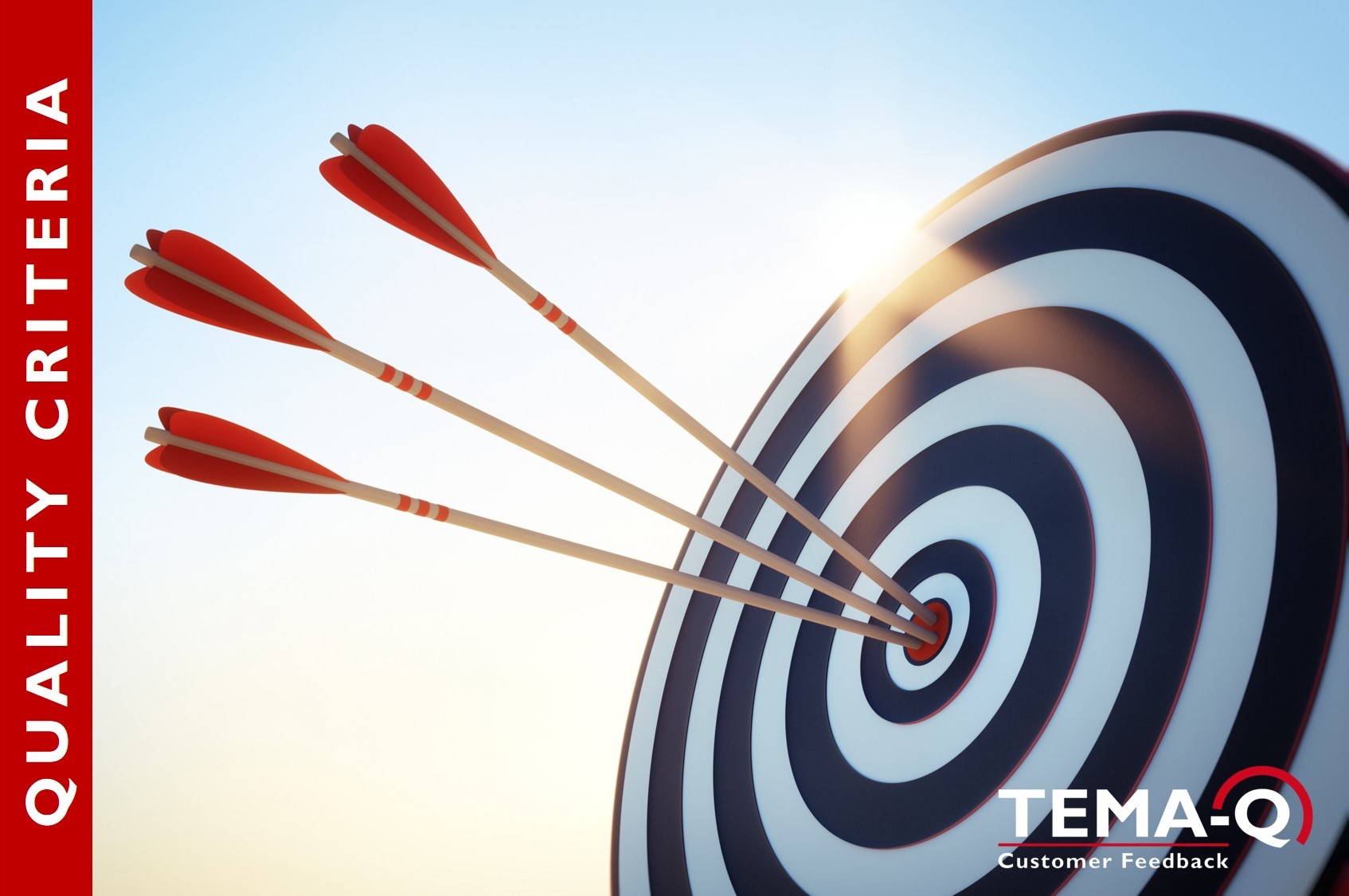When it comes to reliable market research, the quality criteria of the measuring instruments used play a crucial role. But which criteria are really important for achieving meaningful and reliable results?
Here is an overview of the three main quality criteria that you should always keep in mind:
Objectivity: Objectivity means that the results are independent of the conditions under which the measurement is carried out. Different people should come to the same conclusions when conducting the same study. Objectivity can be divided into three aspects:
- Implementation objectivity: This is given if the investigator does not influence the subjects with his or her own ideas or the research objective. All participants should experience the same conditions. Digital survey methods, such as an online survey, have the advantage that no investigator or interviewer is involved in the survey process, and thus there is no influence on the subjects’ answers.
- Evaluation objectivity: A questionnaire must be designed in such a way that the results of the data evaluation are clear and consistent, independently of the person evaluating them. For open-ended questions, this means that rules for later evaluation must be defined in advance. For closed-ended questions, objectivity is usually easier to ensure.
- Interpretation objectivity: This exists when different people draw the same conclusions from the same results. This ensures that the interpretation of the data does not depend on subjective assessments. (Himme, 2009)
Reliability: A reliable instrument measures consistent results when used repeatedly under the same conditions. High reliability means that the data is reproducible and therefore trustworthy. A basic requirement for reliability is objectivity. If a measuring instrument is not objective, the results cannot be reproduced. (Appinio, 2022)
Validity (validity): Does the tool actually measure what it is supposed to measure? Validity is the central criterion, since without it, even a high degree of objectivity and reliability would be worthless. Only a valid measurement tool provides truly relevant insights for your decision-making processes. Objectivity and reliability are the prerequisites for a valid measurement tool. (Himme, 2009)
TEMA-Q helps you to develop measurement instruments that fulfill all quality criteria and provide you with precise and meaningful results.
Take a look at our LinkedIn profile at https://www.linkedin.com/company/tema-q/ to gain exciting insights into the world of customer and employee experience in the future.
If you have any questions about these or other topics, or would like a live demo version of ClaralytiX via video conference, click here to make an appointment or contact us.
Himme, Methodik der empirischen Forschung, 2009, S. 485
Appinio, https://www.appinio.com/de/blog/marktforschung/guetekriterien-marktforschung, 2022

